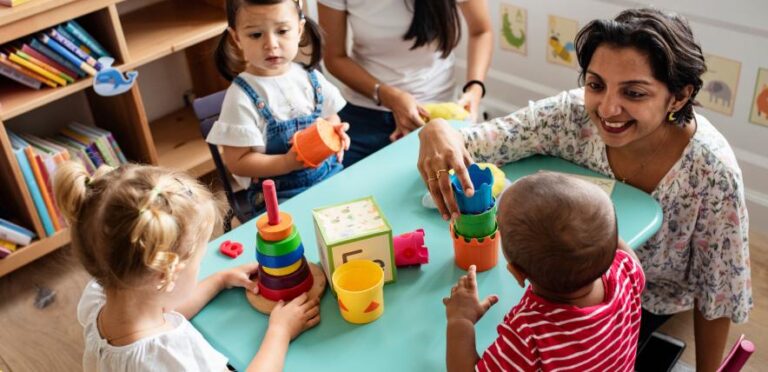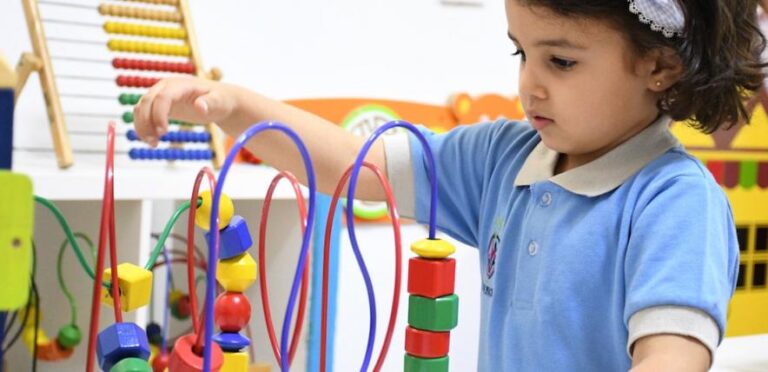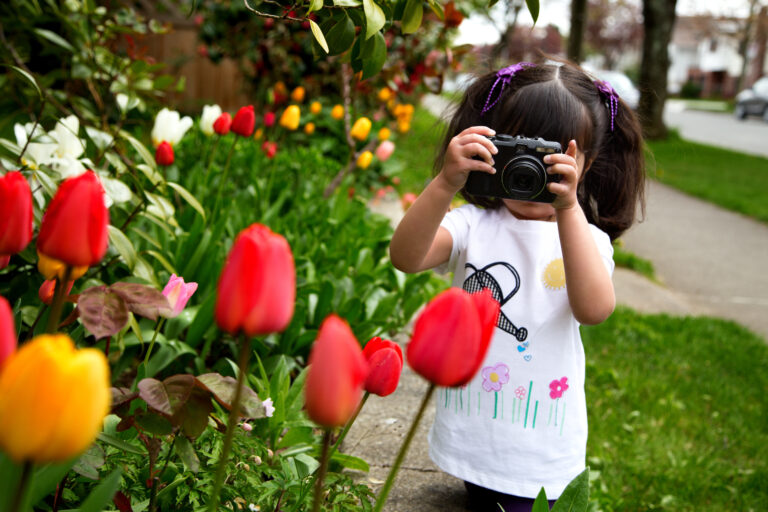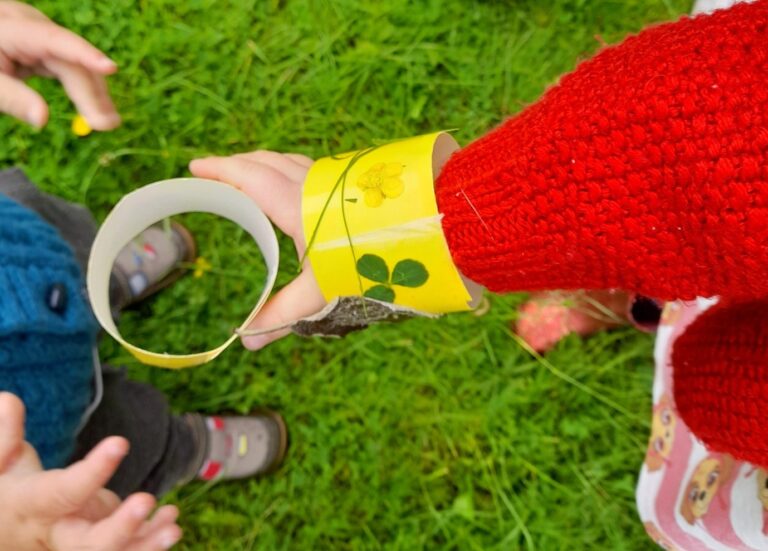In April 2025, the BBC broadcast a report raising concerns around safety in early years settings.
The report has, understandably, alarmed many parents and carers who trust the education and care of their children to dedicated early years professionals, for whom the wellbeing of children is an absolute priority.
There is no doubt that the programme includes examples of wholly unacceptable practice. This includes the heartbreaking case of Genevieve Meehan, a nine-month-old baby who died at an early years setting after being tightly swaddled, strapped to a beanbag, and left unattended by a member of nursery staff for 90 minutes.
The BBC report rightly condemns the practices at this setting, and it would be hard to imagine that anyone would question Genevieve’s parents’ plea for a greater focus on safety in early years settings.
One aspect of the programme that is coming under growing scrutiny, however, is the headline statistic that there has been a 40% increase in the number of ‘serious incidents’ in early years settings reported to Ofsted over a five-year period.
What is a ‘serious incident’?
Registered early years providers have a legal duty to inform the regulatory body, Ofsted, of any serious incidents that occur at an early years setting. These are defined as “significant changes, or any significant or serious incidents that may have a negative impact on the childcare setting, or the safety of children”.
Some of the ‘serious incidents’ that must be reported to Ofsted do relate to the very rare incidents of serious harm to children.
However, also included in Ofsted’s definition of a ‘serious incident’ is, for example:
- food poisoning affecting at least two children
- fires or flooding
- a device containing children’s information being stolen
- setting staff being the victim of a crime that occurred on the early years premises, such as assault, harassment or vandalism
In addition, during the pandemic, providers were also required to report incidents of Covid-19 at settings as ‘serious incidents’.
This means that the figures cited by the BBC on what is reported to Ofsted cover instances and events that are much broader than suggested by the programme, and often don’t lead to further investigation or action.
There is no specific list of what counts as a serious incident: an early years provider must use their judgement to determine whether they should notify Ofsted. In many incidents, this leads to those working in the sector being over-cautious and reporting events that do not actually meet the criteria of a serious incident. In fact, Ofsted itself has said of the early years sector: “We have found that we are often notified about incidents we don’t necessarily need to know about.”
How do Ofsted respond to a serious incident report?
Ofsted expects early years settings to always prioritise safeguarding and welfare, ensuring children are healthy, safe, and secure, with clear policies and procedures in place, and staff trained to recognise and respond to safeguarding concerns. When Ofsted receive a report about a significant event, they may do the following:
- review information they hold about the provider
- look for records of previous serious incidents and how Ofsted assessed risk
- discuss the incident at the next inspection
- contact the provider to discuss the incident
- carry out an inspection or visit
How can parents and carers be reassured?
Commenting on the BBC report, Neil Leitch, CEO of the Early Years Alliance said:
“For the overwhelming majority of nurseries, pre-schools and childminding settings, ensuring the safety and wellbeing of the children in their care is not just a priority, but at the very heart of their provision. As such, instances of safeguarding breaches are extremely rare. If anyone is concerned about an educator’s behaviour, it is absolutely right that they both feel comfortable to raise this and that this is investigated as a matter of urgency.”
The Department for Education (DfE) Ofsted and everyone working in early years is committed to keeping children safe and ensuring that they have the best possible start in life. When a serious incident occurs because of the actions of an individual who commits a crime, it affects everybody deeply. The focus is to clarify how the incident could have occurred and then to focus on the actions required to ensure it can never happen again.
What can parents and carers do?
Be informed
When choosing an early years setting for your child, speak to other parents and carers about their experiences with the setting. Ask the manager about staff qualifications and experience, and visit as many times as you feel you need to before deciding. Educators will talk to you about their approach to safeguarding and explain their policies and procedures to you.
Take part in settling your child when they start
Settling a child into their new setting should never be hurried. Your child will be allocated a key person responsible for developing a close relationship with you and your child. Together you should plan settling visits until your child is happy and confident to be left with their key person for a full session. Talk to them about your child, raise any worries you may have about leaving them and don’t be afraid to ask the difficult questions.
Observe
When you are in the setting, observe how educators interact with children and with each other. Do you get a sense of the setting being a happy and safe environment for children? What are your instincts telling you? It may be that the setting is meeting all their registration requirements but is not the right place for you and your child. There are many different types of early years settings which gives you plenty of choice about what feels right for you.
Speak up
If you see or hear something that concerns you about the quality of care and education in the setting. Speak to your child’s key person, or if your concern is about the key person, speak to the manager. Your worries should be taken seriously and resolved quickly. If your concern meets the criteria as an allegation against a member of staff, the settings safeguarding policy will include the actions they take in such circumstances and the manager will report your allegation to Ofsted.












